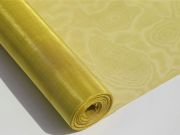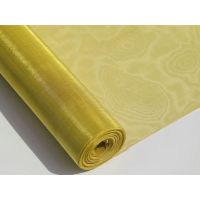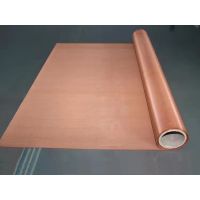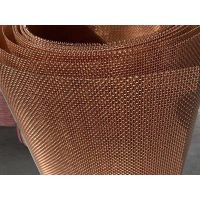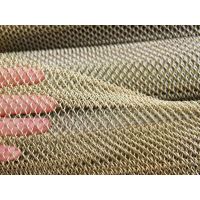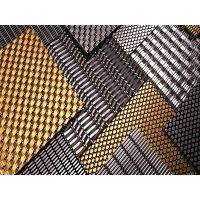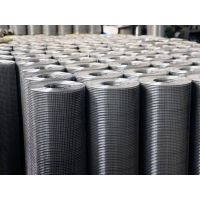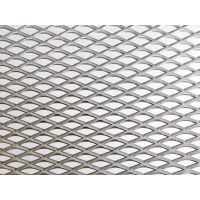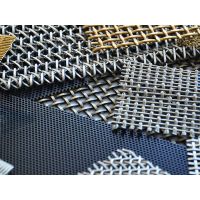ТЕХНИЧЕСКИЕ ТРЕБОВАНИЯ К ТОРМОЖЕНИЮ ЖЕНЩИН
- Диапазон размера меша: Brass sesh имеет много разных размеров, от 20 сот (большие отверстия) до 500 ячеек (очень небольшие).
- Обычные размерные мышцы: некоторые из наиболее часто используемых размеров ячеек включают 20, 30, 40, 50, 60, 80, 100, 200, и 500
- Диапазон толщины: отдельные провода, которые составляют сетку могут быть тонкой, начиная с 0, 1 мм, или толщиной, 2 мм
- Обычные толщина проволоки: типичная толщина проводов, используемых в латунных сетках составляет 0, 1 мм, 0, 15 мм, 0, 2 мм, 0, 3 мм, 0, 5 мм, 1 мм, и 2 мм
- Диапазон открытия: Размер отверстия в сетке (апертуре) изменяется в зависимости от размера ячеек. , обычно от 0, 5 мм - 3 мм
- Пример начальных размеров: например, а 20 ячеек с отверстиями около 1. , Ширина 0 мм, в то время как 100 ячеек имеют отверстия около 0, Ширина 15 мм
- Диапазон открытия: Ширина каждого отдельного отверстия в сетке также может быть охарактеризована как диапазон от 0, 05 мм - 1 мм
- Типы мягких: простая, стройная и голландская.
- Состав материала: проводная сетка полностью изготовлена из Брасс-Слоя, которая представляет собой смесь меди и цинка
- Стандартная поверхность Посмотрите: естественный цвет латунной сетки золотой.
- Альтернативный взгляд на поверхность: иногда, медная сетка наклеена электрошокером, чтобы придать ей другой вид или свойства
- Варианты защиты: Для предотвращения ржавчины или повреждения в сетку можно наносить такие покрытия, как лак.
- Стандартный размер листа: для листов латунных ячеек общие размеры составляют 1 метр на 2 метра (около 39 дюймов на 79 дюев), но могут быть сделаны и другие размеры
- Диапазон прокручивания: когда сетка попадает в рулон, ширина обычно составляет от 1 до 2 метров (39-79 дюймов)
- Диапазон протяженности: длина рулона латунной сетки может варьироваться довольно незначительно. , от 10 метров до 100 метров (33-328 футов)
- Измерение прочности: прочность латунной сетки (прочность на растяжение) обычно составляет от 450 до 800 Н/мм&up2; в зависимости от толщины проводов, Так и есть.


